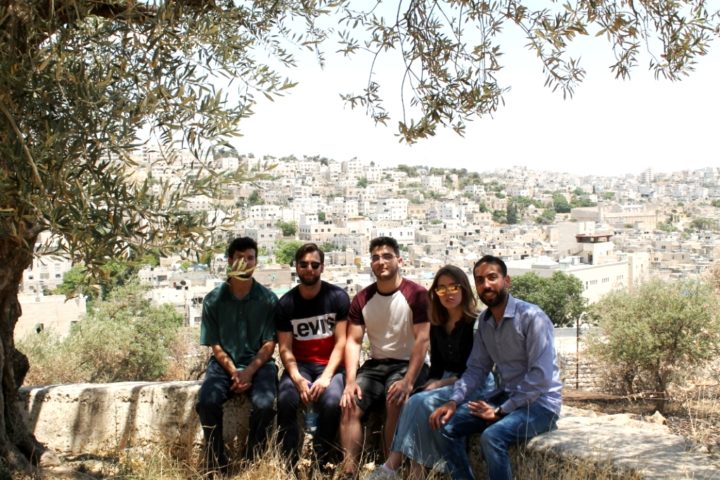There is no doubt that every country is different. Even those located in the same region with similar lifestyles, histories, languages, or religions are still unique in their own way. European countries for example each differ from one another. Germans, for example, are well known for being an industrious people while Italians are known for a relaxed Mediterranean lifestyle valuing hospitality and personal relationships.
Palestinian culture can be thought of as a moderate Middle Eastern culture, meaning that it is not as liberal as Lebanon and not as conservative as Saudi Arabia. In Palestine for instance, you will find cultural differences between Bethlehem and Hebron. In Bethlehem, you can buy and sell alcoholic drinks whereas in Hebron, drinking or selling alcohol is forbidden.
Palestine is a majority-Muslim country which differentiates it from Europe where gender relations are more liberal and sexuality is more openly discussed and practiced. Most people in Palestine practice a degree of gender segregation and only pursue romantic relationships in secret or in the confines of marriage. Cultures also vary within countries and Palestine is no different. Weddings in some cities like Hebron and Nablus are segregated by gender while in other cities like Bethlehem and Ramallah men and women openly mingle during the celebration.
Many visitors are surprised by the overwhelming hospitality of Palestinians. You will commonly be invited to drink tea, eat dinner, smoke shisha (flavored tobacco, not marijuana which is hashish!), or attend a wedding not only by colleagues and friends, but also by people you have only just met. This means it’s very easy to get to know people. In comparison, many European societies are more individualistic and socially reserved.
At the same time, international visitors should be aware that in some cities in Palestine such as Hebron, which is the most conservative city in the West Bank, men generally do not shake hands with women unless she reaches out first.
Understanding the cultural differences between Palestine and Europe is your best ally when engaging in conversation with your host family or other Palestinians you may meet.
Discussions pertaining to religion and culture are fine, but one should be cautious of when and when not to challenge aspects of both in conversation. If you are travelling from Europe, certain topics of discussion that are considered normal parts of everyday conversation are generally not discussed here on a casual basis.
Conversations about or including sexuality, for example, are considered private and personal matters. Such conversations do not take place within social situations. Educating yourself on the religious approach to topics such as sexuality is something you should seek to do in order to know how to engage in acceptable conversations in Palestine. In Palestinian schools, there are not sexual educational classes, due to the conservative attitude toward sex.
One thing that is not widely understood by the Palestinian community is “alone time.” Palestinians tend to view people who sit alone as having a problem or being upset. Life in Palestine is characterized by intensive social interactions, a spontaneous lifestyle (activities and get-togethers are not organized according to prearranged plans), hospitality, and an eagerness to know about others.
Engaging in Palestinian culture is a generally easy thing to do so long as you are aware of the cultural differences that you may encounter and the few simple guidelines which we have illustrated above. Remember that Palestinians are aware that there are cultural differences between themselves and Europeans, so if any mistake and misunderstanding occurs most Palestinians will be forgiving and understanding.

